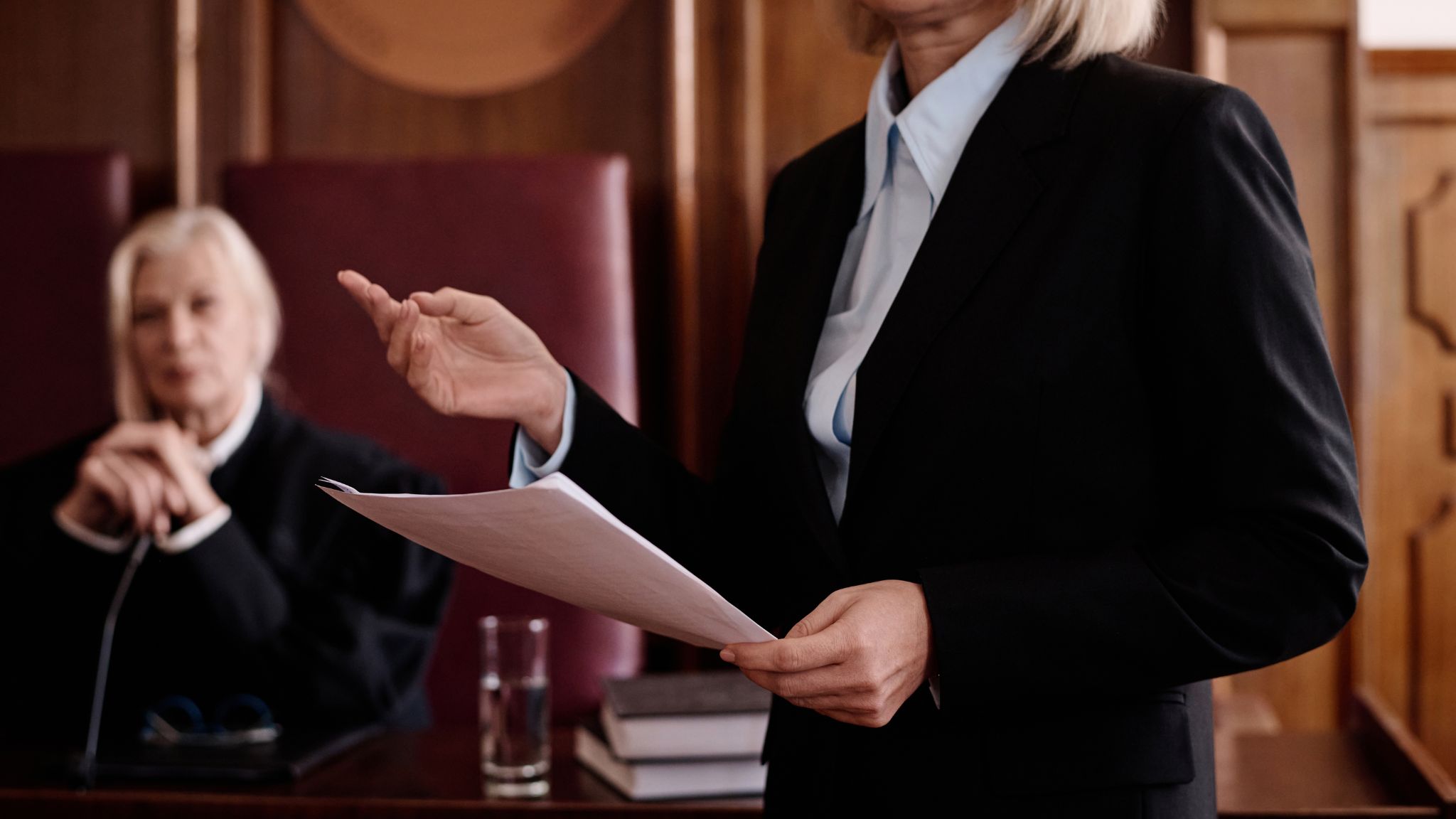What Really Happens in a Legal Case? From Incident to Settlement or Conviction, Here’s How It All Plays Out
Legal cases might look straightforward on TV—cue dramatic music, flash to the courtroom, and bam, there’s your verdict. But in reality, what happens between the moment something goes wrong and the final gavel drop is far more detailed, strategic, and, frankly, less glamorous. From the first phone call to a lawyer to the last word in court or a quiet settlement conference, every step involves careful coordination, legal nuance, and multiple professionals playing critical roles. Let’s walk through a typical legal case from beginning to end—and spotlight the experts who keep things moving.
When an Incident Happens, Who Do You Call? For Many, It Starts with Personal Injury Lawyers
No one plans to end up in a legal case. Whether it’s a car crash, a workplace injury, or a freak accident in the parking lot, it usually starts with a moment that changes everything. Once the dust settles—literally or figuratively—the next decision is often whether or not to pursue legal action. That’s where personal injury lawyers come in.
These professionals don’t just file lawsuits. Personal injury lawyers offer expertise that spans investigation, negotiation, client advocacy, and even settlement structuring. They act as a buffer between emotionally charged events and the structured processes of the legal system. One of their most valuable contributions early on is helping clients determine whether they even have a viable case.
Personal injury lawyers review records, collect witness statements, and coordinate with medical experts to understand the full scope of injury or loss. They assess not just what happened, but how to frame it legally.
Court Reporters are so Important
Once a case heads into the courtroom or any official hearing, the game changes. Everything said must be documented with exactness. Moving a legal case forward often requires more than just a great lawyer. Whether your case is in New York state and you need the help of court reporters in New York City or you’re in Miami and need to give a deposition, this step is critical.
Court reporters are highly trained professionals who don’t just type quickly—they capture every spoken word in a legal proceeding, from testimony to objections to whispered sidebar chats. And in high-stakes litigation, a word-for-word record isn’t just helpful—it’s vital.
Whether you’re arguing a motion, reviewing an appeal, or preparing for cross-examination, having access to a precise transcript is what keeps everyone honest and on point. Because they are present at depositions, trials, and hearings, court reporters ensure nothing gets lost in translation and provide the raw material that attorneys rely on for strategy and case-building.
Investigation and Discovery
Once a lawsuit is filed, the real work begins—on both sides. This stage is called discovery, and it’s where attorneys gather evidence, exchange documents, and take depositions. Each party investigates the claims and defenses, trying to get a full picture of what happened and how it can be legally proved.
Attorneys file motions, subpoena records, and interview witnesses under oath. The goal isn’t just to collect facts—it’s to shape them into a narrative that supports their client’s side. Discovery can take months or even years, especially in complex cases. It’s not glamorous, but it’s where cases are often won or lost.
Pretrial Conferences and Motions
Before a case makes it to trial, attorneys and judges meet to hash out details, file motions, and determine what evidence will be allowed in court. These pretrial activities might not have the drama of a jury trial, but they’re critical in shaping the road ahead.
One common motion is a request for summary judgment—essentially asking the judge to rule without a trial based on the facts already available. There are also motions to exclude certain evidence, limit expert testimony, or compel discovery responses that have been withheld. These conferences often serve as a reality check. Judges may even encourage the parties to settle or narrow the focus of the case.
The Trial: When Your Case Finally Has Its Day in Court
After months (or years) of preparation, the trial begins. This is where opening statements are made, witnesses take the stand, and lawyers get to present their cases to either a judge or a jury. Each side offers evidence, questions witnesses, and tries to poke holes in the other’s arguments.
Trials can last a day or several weeks depending on complexity. They require coordination between attorneys, court staff, experts, and witnesses. While movies tend to show dramatic “gotcha” moments, most trials are methodical and built on details—timelines, testimony credibility, document integrity, and expert analysis.
The burden of proof depends on the type of case. In criminal trials, it usually requires “beyond a reasonable doubt.” In civil cases, it’s typically a “preponderance of the evidence,” meaning more likely than not. After this point, there are sentencing steps to go through or settlements to be made.

